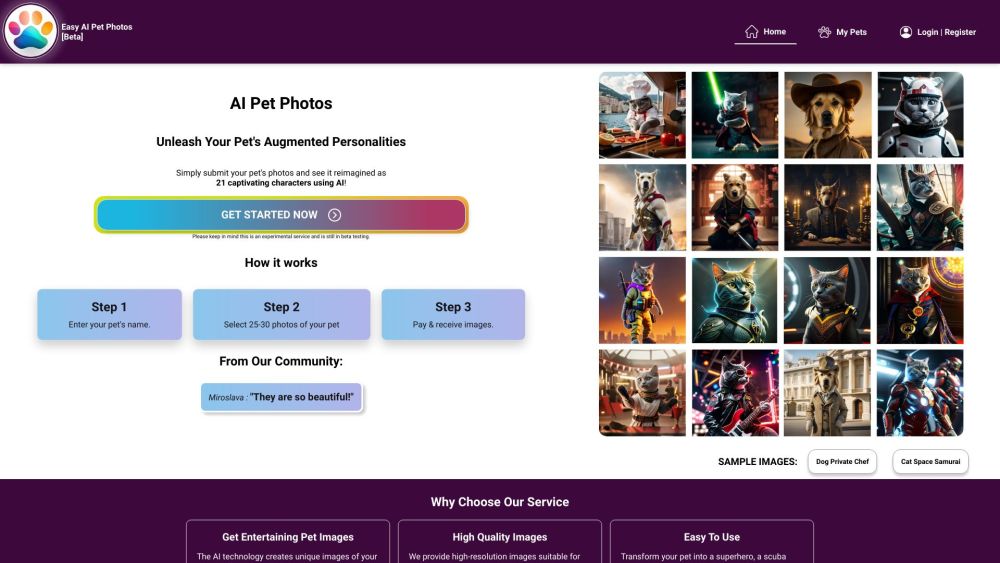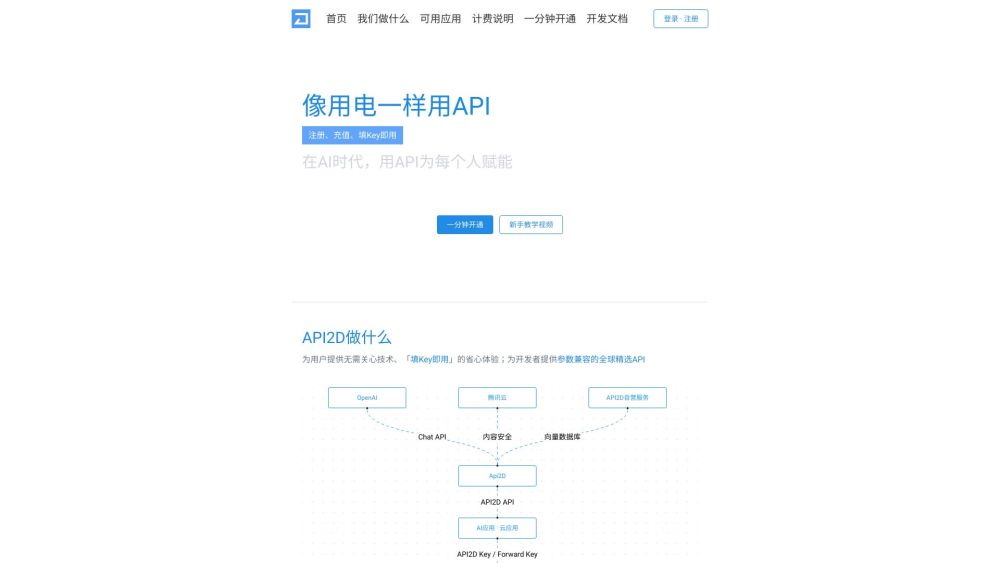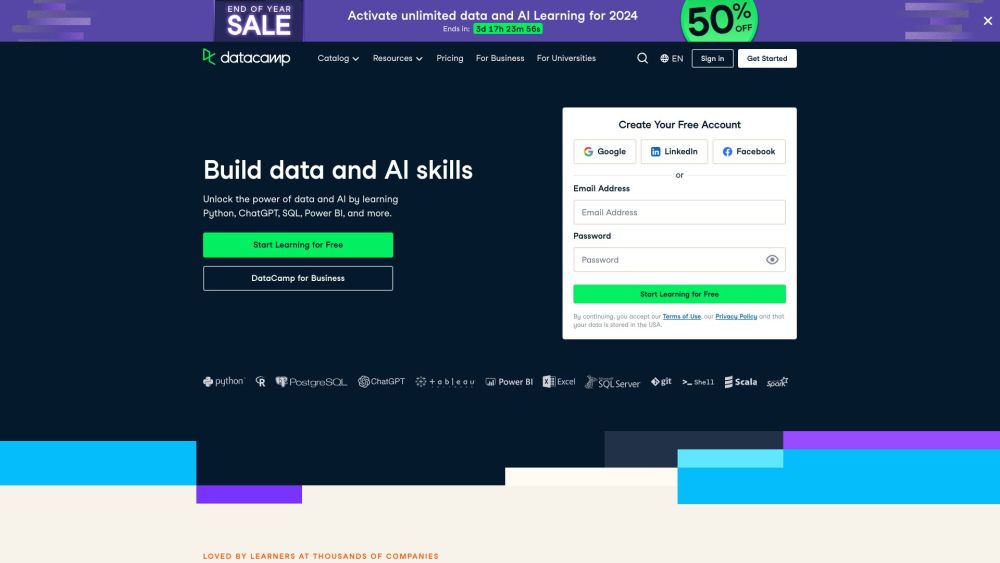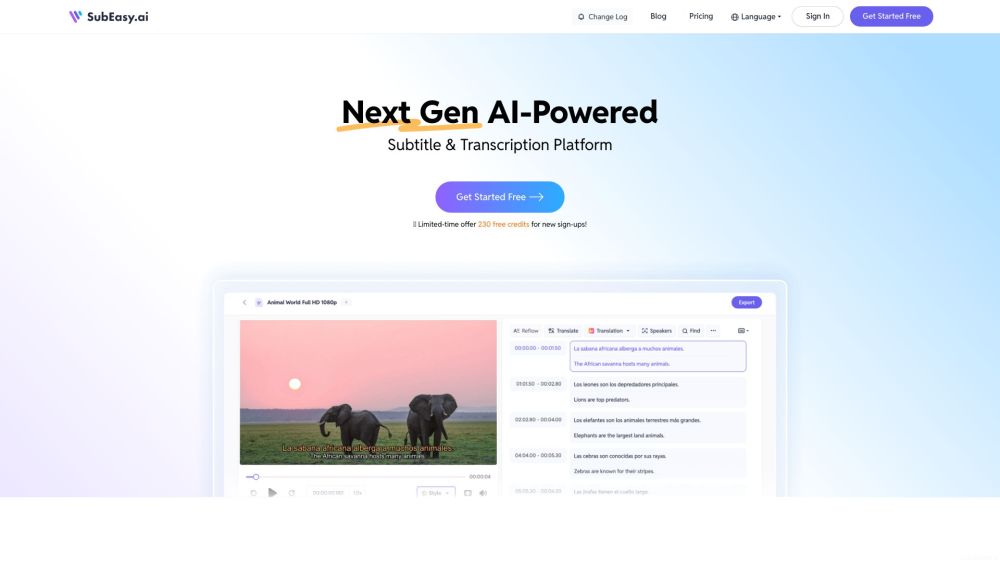The current tech landscape is dominated by discussions around artificial intelligence, and LinkedIn is keen to harness this momentum. On Thursday, the platform unveiled a suite of new AI-driven services designed to enhance user experiences.
LinkedIn is making a significant investment in AI, recognizing users' desire for advanced features integrated throughout the platform. New functionalities include natural-language job searches and candidate searches, as well as generative AI tools to assist with job applications—including automated writing for cover letters—and the ability to discover relevant learning materials on AI and other subjects. This generative AI will streamline the search process across LinkedIn, enabling users to find exactly what they need more efficiently.
Here are some key insights into LinkedIn’s current emphasis on AI:
Firstly, LinkedIn is no stranger to AI. The platform has been incorporating this technology since its early days. As Tomer Cohen, LinkedIn’s head of product, noted in a recent interview, “We’ve been building with AI since 2007.” This long-standing integration is evident in features like its uncanny connection suggestions, which leverage AI to enhance user interactions, improve security, and maintain trust within the ecosystem.
Secondly, LinkedIn faces unique expectations compared to other major social platforms. Companies like Meta and X have encountered varying levels of challenges due to the skyrocketing interest in generative AI. These companies are grappling with how to respond effectively and sustain growth in this rapidly evolving market landscape.
Being a subsidiary of Microsoft, which holds a 49% stake in OpenAI and invests heavily in AI initiatives, gives LinkedIn a distinct advantage. This affiliation allows LinkedIn to focus on building and integrating useful AI tools without the constant pressure to innovate independently. However, LinkedIn remains vigilant in adapting to market trends and ensuring compliance with regulations, particularly following recent scrutiny from European regulators regarding its advertising practices.
Lastly, it’s interesting to note the irony in LinkedIn's expanded suite of AI features. While the platform encourages users to present their "authentic" selves, the introduction of more AI-driven content creation tools raises questions about the true nature of authenticity. Despite past criticisms of LinkedIn as a platform for self-promotion and networking, it now seeks to carve out a space that feels more grounded in professional integrity amid the chaos of other social media platforms.
The following is a summary of LinkedIn’s new features:
1. Job Search and Applications: Users can now conduct job searches using conversational prompts. While the effectiveness depends on existing job listings, users can generate cover letters and get AI-driven reviews of their résumés for the application process.
2. Personalized Learning: LinkedIn is committed to enhancing its video-based learning platform, particularly in AI skill development. Traffic for AI-related courses has surged by 160% over the past year, reflecting robust growth in user interest.
3. AI-Powered Expert Advice: Premium subscribers will soon have access to personalized guidance powered by AI, featuring insights from recognized instructors. This advice will be available as users engage with LinkedIn Learning courses.
4. Enhanced Search Functionality: LinkedIn acknowledges that its search feature has lagged compared to user expectations and is working on a more intuitive search experience that simplifies access to information through conversational queries.
Additionally, LinkedIn is expanding the availability of its Recruiter 2024 tool, offering marketers enhanced capabilities, and introducing upgraded premium company pages geared toward small businesses.
With these developments, LinkedIn aims to redefine user engagement through AI while navigating the complexities of maintaining authenticity in professional representation.




